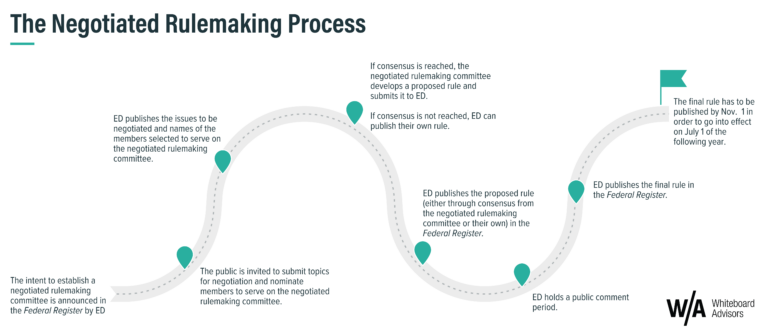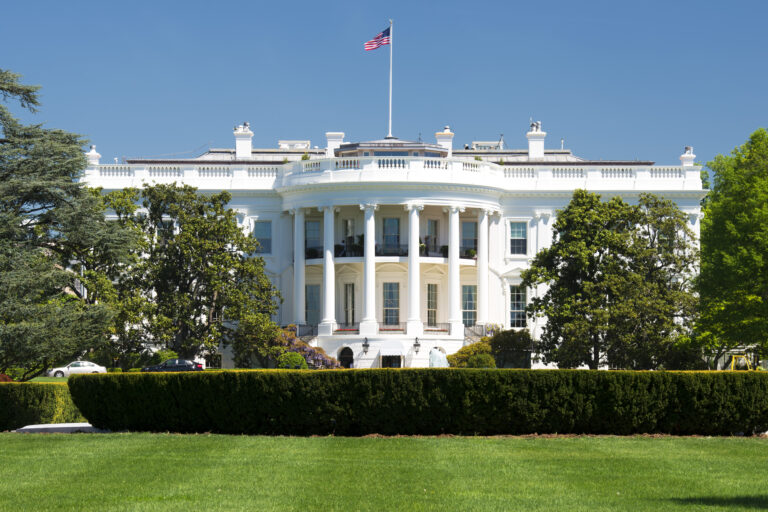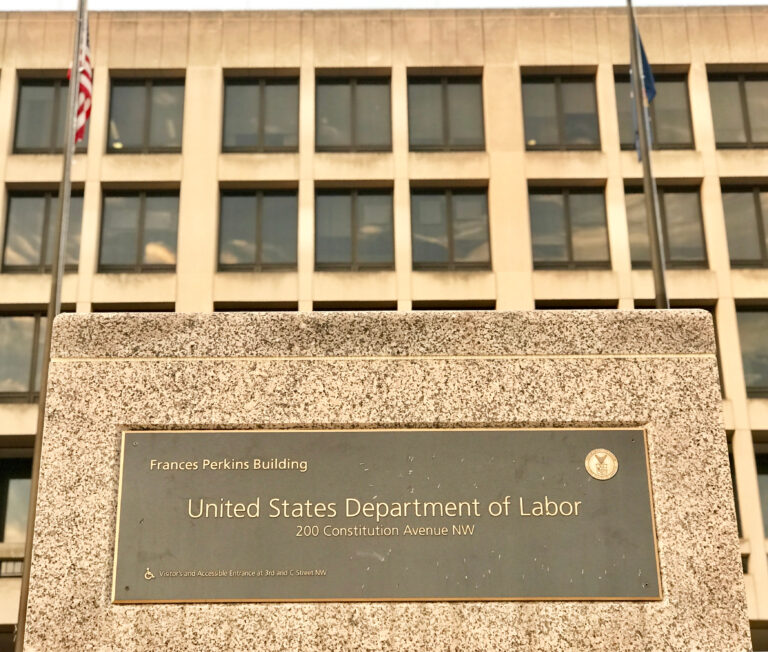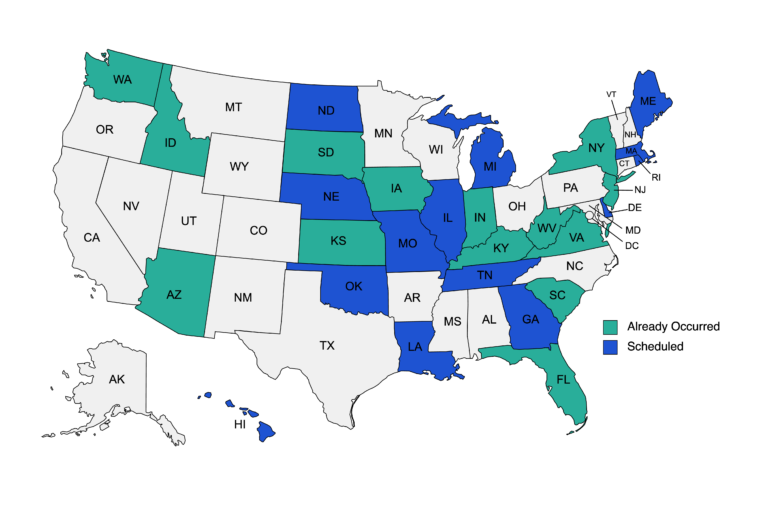The U.S. Department of Education is knee-deep in two separate negotiated rulemaking efforts, each of which will make regulatory changes to the programs authorized under the Higher Education Act.
Catch up quick: What is Negotiated Rulemaking? Check out our primer on Negotiated Rulemaking here.
The first Negotiated Rulemaking committee is tackling issues related to student debt relief and started meeting in October 2023. The second Negotiated Rulemaking committee is addressing issues related to program integrity and higher education institutional quality and started meeting in January 2024.
Fourth Negotiated Rulemaking Session Added on Student Debt
Responding to pressure from student advocates like the Young Invincibles, which wrote a letter to the Biden Administration urging the panel tackle policies related to loan relief, ED scheduled a fourth negotiated rulemaking session on issues related to student debt cancellation.
- The negotiators will discuss what constitutes financial hardship as the panel works to come to consensus on a comprehensive debt forgiveness plan that stays within the boundaries of the federal higher education law.
- Our take: The timing of yet another push on broad loan forgiveness will likely start to interact with presidential and congressional campaigns. Democrats will likely continue to call out their efforts to forgive debt. Meanwhile, Republicans have started focusing their criticism on the Administration’s shaky rollout of the new FAFSA.
- The fourth and final Negotiated Rulemaking session on the cancellation of student debt will be held on February 22-23, 2024. [USA Today]
Debate over Inclusive Access Heats Up
In this week’s second session of the Program Integrity and Institutional Quality Negotiated Rulemaking, debate emerged over a long-standing practice which permits institutions of higher education to charge students for course materials.
- The program, known by many as “inclusive access,” allows students to receive all of their books and supplies often at below-market prices at the start of classes. In most cases, course material costs are bundled into students’ tuition and fees. [Inside Higher Ed]
- At the center of the debate is an issue of transparency: should students be automatically billed for course materials or should students be able to instead “opt in” to receiving the materials and use their federal financial aid to cover such costs?
- Negotiators will continue their discussion of the issue in next month’s session, scheduled for March 4-7, 2024.
Overreach? ED Wants a Say in Nonprofit Board Seats
Leading up to the first meeting of the Program Integrity and Institutional Quality Negotiated Rulemaking session, ED released six papers offering proposals on the agency’s position on quality assurance topics. Included in Issue Paper Two: State Authorization was a proposal that eligibility for membership on the private organization NC-SARA board be limited to only state employees and members of the public.
- The National Council for State Authorization Reciprocity Agreements (NC-SARA) is a private organization established in 2013 to support cross-state regulation of distance education programs.
ED’s proposal has been seen by some as federal overreach into a private organization’s governance structure, while others argue that the organization performs a quasi-governmental function and should be subject to federal rules.
ED’s proposal would further explicitly prohibit any individual who has held a position at college or university – ranging from administrators to faculty to staff to even those who had previously served as a graduate assistant – from holding a seat on the NC-SARA governing board.
The negotiators will take up the issue at the next meeting scheduled for March 4-7, 2024.




